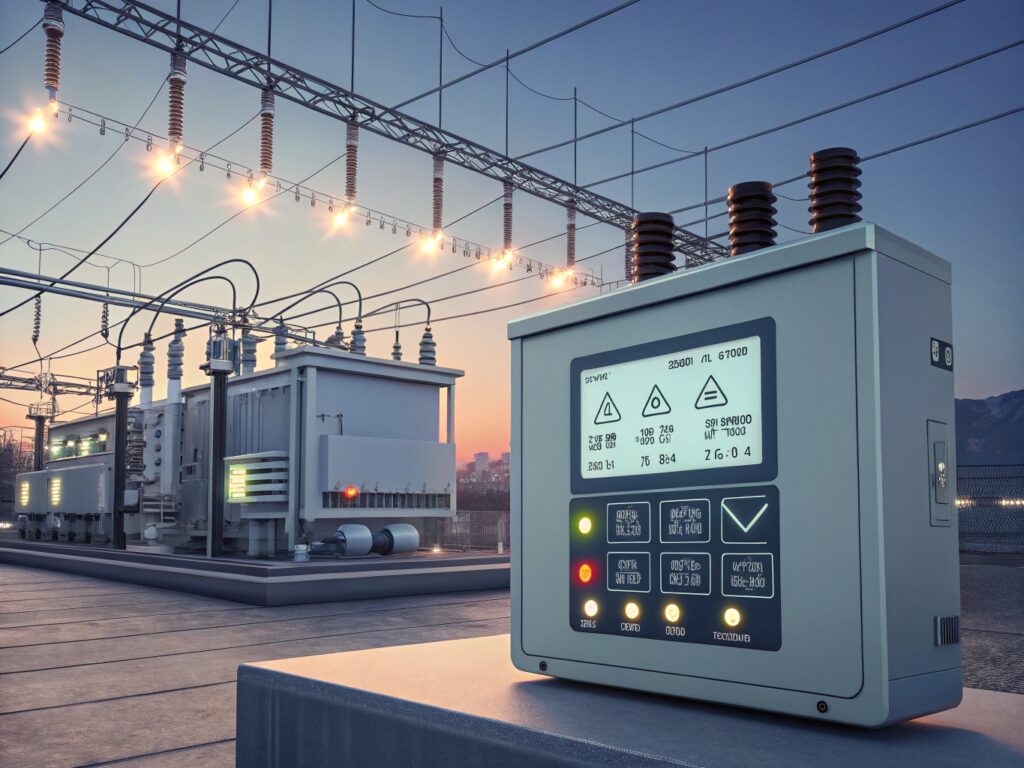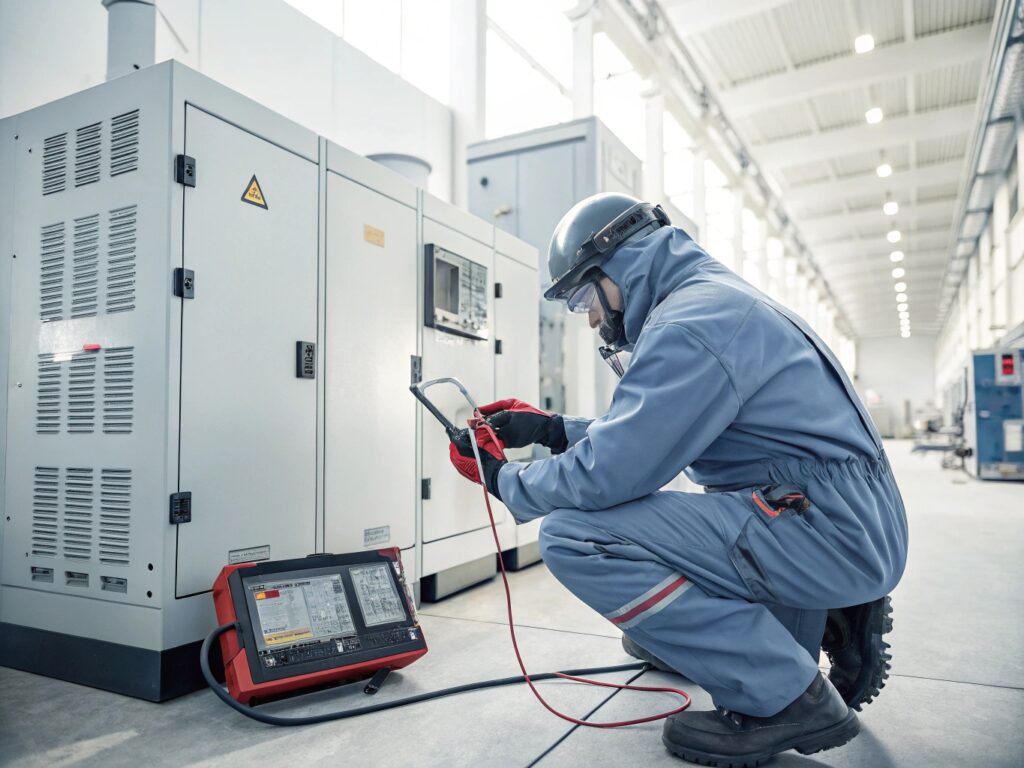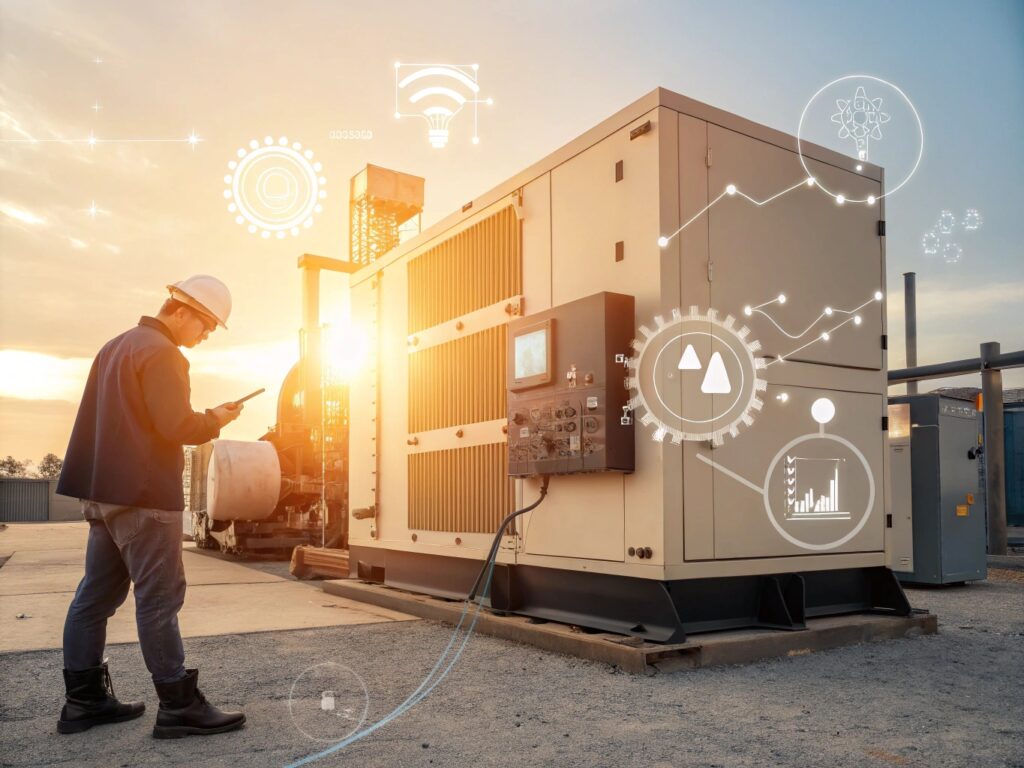
Are you struggling with integrating a new generator controller into your system? Many people face compatibility issues, but the solution might be simpler than you think.
The key to a successful generator controller integration lies in ensuring compatibility between the system's components and the controller's specifications. This allows seamless operation and reduces potential system failures.
Finding the right generator controller can be a challenge. But once you know what factors influence compatibility, you’ll be equipped to make better choices for your system.
[Table of contents]
What factors affect generator controller compatibility with your system?
The compatibility of your generator controller depends on several factors, each influencing how the controller communicates with the rest of your system.
Key compatibility factors include voltage ratings, communication protocols, load handling, and physical connections. Understanding these elements ensures smooth integration.

Voltage Ratings
Voltage compatibility between the generator and the controller is critical. Using a controller designed for your system’s voltage range ensures the correct operation of the generator. Mismatched voltages could lead to damaged components.
Communication Protocols
Different systems often use different communication protocols, such as Modbus or CAN bus. It’s important to choose a controller that supports the communication protocol used by your system.
Load Handling
Each generator controller has its own load capacity. Be sure to match the controller's load capacity with your generator’s requirements, especially when working with high-demand applications.
Physical Connections
Ensure that the controller's physical connections, such as connectors and terminals, are compatible with your generator's configuration. This can prevent issues related to improper wiring.
How to troubleshoot common compatibility issues?
Even with the best planning, issues can still arise. Let's explore how to troubleshoot and overcome common compatibility problems.
Common issues like voltage mismatches, communication errors, or wiring problems can often be resolved through proper diagnosis and using the right tools.
Voltage Mismatches
Voltage issues are common. To solve them, you may need a voltage converter or a different controller designed to handle the correct voltage range.
Communication Errors
Communication problems often arise when the controller and system use incompatible protocols. Upgrading firmware or using converters can resolve these issues.
Incorrect Wiring
Improper wiring can prevent the system from functioning. Double-check wiring diagrams and ensure that all connections are secure and correctly matched.
How to choose the right generator controller for your system?
Choosing the right controller is key to optimizing your generator's performance. Here's what you need to consider before making a decision.
When selecting a controller, consider your system's voltage, communication needs, and future scalability to ensure long-term compatibility.
Assess System Requirements
Before choosing a controller, list out your system’s needs in terms of voltage, load, and communication protocols. This will narrow down the options to those that are truly compatible.
Future Scalability
Choose a controller that can accommodate potential system upgrades or expansions. This ensures that your controller won't become obsolete as your system grows.
Brand and Support
Opt for controllers from reputable manufacturers. They often offer better support, and their products are more likely to be compatible with a wide range of systems.
Conclusion
Selecting the right generator controller is essential for smooth integration with your system. Understanding compatibility factors and troubleshooting methods will save you time and money in the long run.





